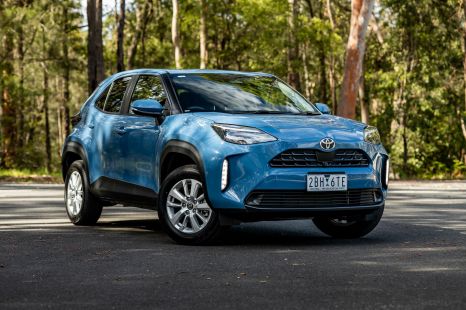

Matt Campbell
2025 Toyota Yaris Cross review
4 Days Ago
Renault, Nissan and Mitsubishi set to get 30 new electric vehicles by 2030 as part of a $31.56 billion Alliance investment in EVs.

News Editor
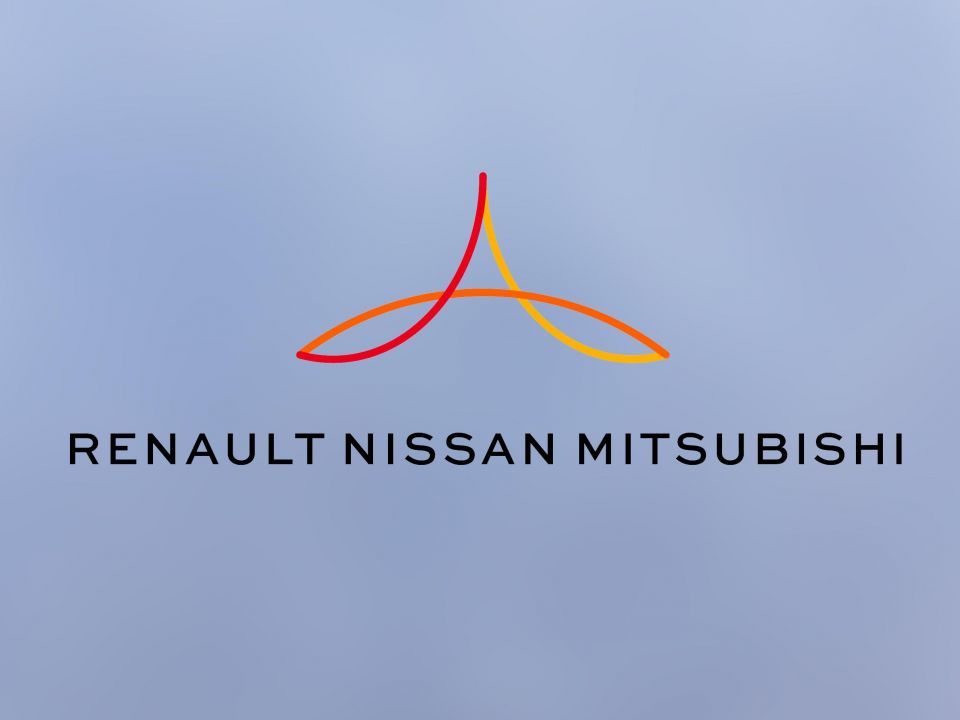

News Editor
The Renault-Nissan-Mitsubishi Alliance is planning to dramatically scale up its investment into electric cars.
Reuters reports the Alliance will announce a plan this Thursday to invest more than 20 billion euros (A$31.56 billion) over the next five years on EV development in addition to the 10 billion euros already spent.
This would reportedly give the Alliance 30 new electric vehicles by 2030, almost all of which will be underpinned by five shared platforms.
These platforms would reportedly cover 90 per cent of the EVs the brands will develop and launch between now and 2030.
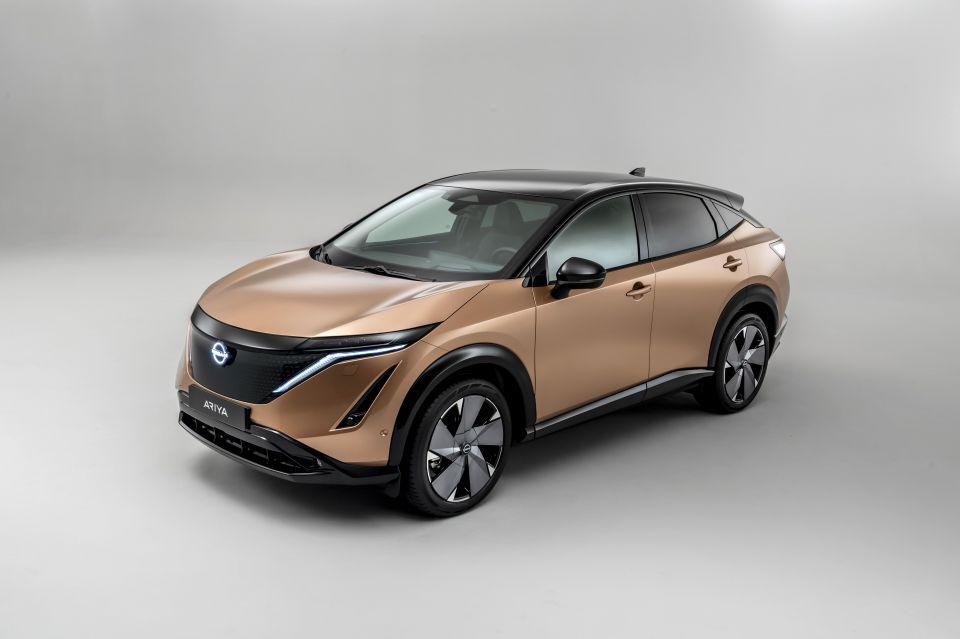
Sources familiar with the imminent announcement said the members of the Alliance are aiming to introduce compact electric vehicles that are as affordable as comparably-sized, internal combustion engine-powered vehicles.
The companies will reportedly share batteries and other key components, and jointly invest in upping battery capacity across France, the UK, China and Japan to 220 gigawatt hours.
Sharing EV componentry will reportedly see the Alliance halve its battery manufacturing costs, while Renault and Mitsubishi will reportedly share the solid-state lithium-ion battery technology Nissan has been developing.
This shared approach to battery technology stands in contrast with the Alliance member’s efforts to date with electrification.
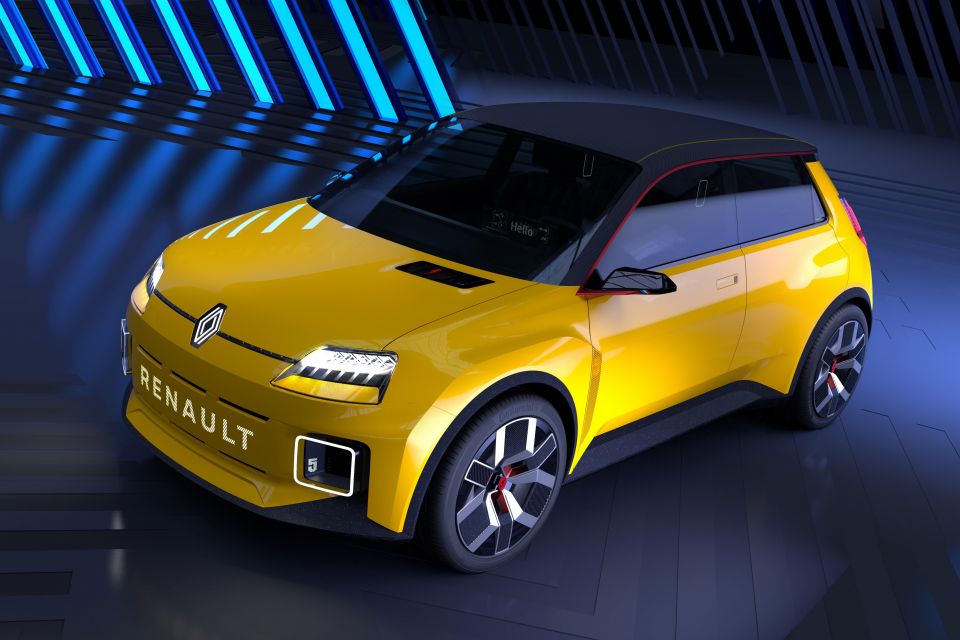
For example, Renault has its own hybrid technology separate from Nissan’s hybrid and e-Power set-ups, which are separate again from Mitsubishi’s plug-in hybrid systems.
The newest electric vehicle platform is CMFB-EV, development of which is being led by Renault, which is expected to underpin the revived Renault 5, a reinvented Renault 4, and a Nissan Micra EV.
The 5 is expected to come first in 2024.
Four core shared EV platforms already exist across the Alliance and will continue to serve. These comprise:
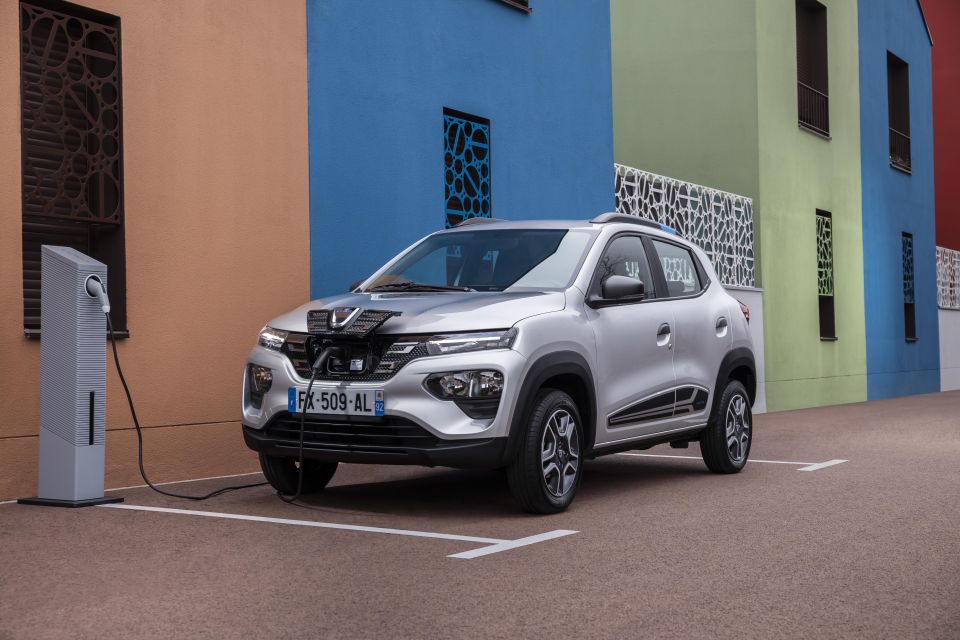
Reuters reports the announcement was originally set to be made late last year in Japan, however it was delayed due to a COVID-19 surge in Japan.
Renault has already announced it’ll be 100 per cent electric in Europe by 2030, however that doesn’t apply to markets outside of Europe.
In some markets, the Renault diamond is applied to Dacia models, and the budget Romanian brand has yet to make any commitment about shifting solely to EV production.
Renault had previously said it expected 90 per cent of its sales in Europe to be electric vehicles by 2030.
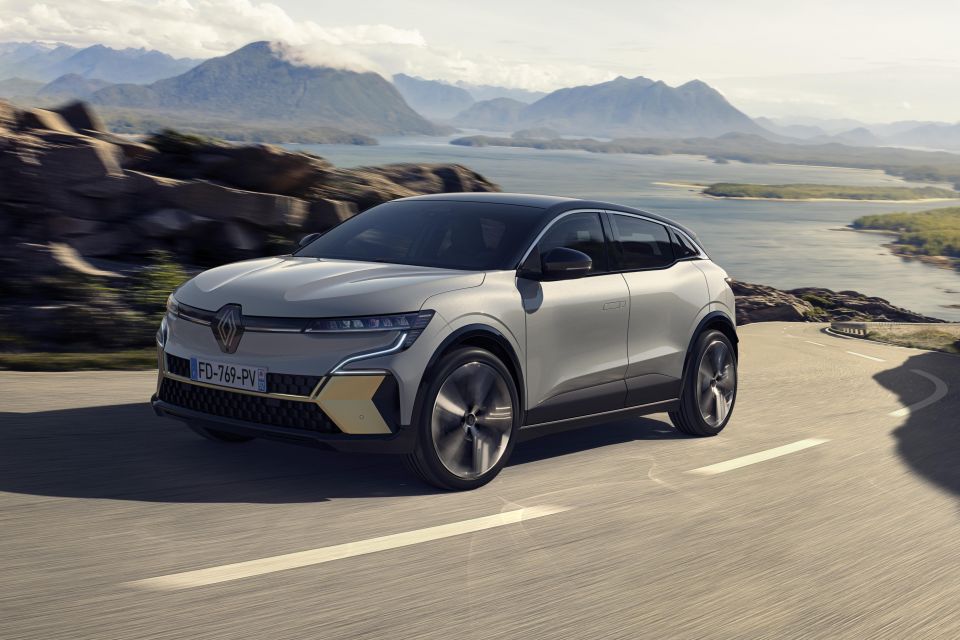
The Nissan brand announced in November it would spend 2 trillion yen (A$24.6 billion) on electrification over the next five years.
The company’s Ambition 2030 vision will see it bring 23 electrified models, including 15 new electric vehicles, to market by fiscal year 2030, as well as introduce solid-state batteries by fiscal year 2028.
Over the next five years, it’ll introduce 20 new models with electric or e-Power powertrains.
By that time, it wants to have an electrification mix of more than 50 per cent globally across both the Nissan and Infiniti brands.
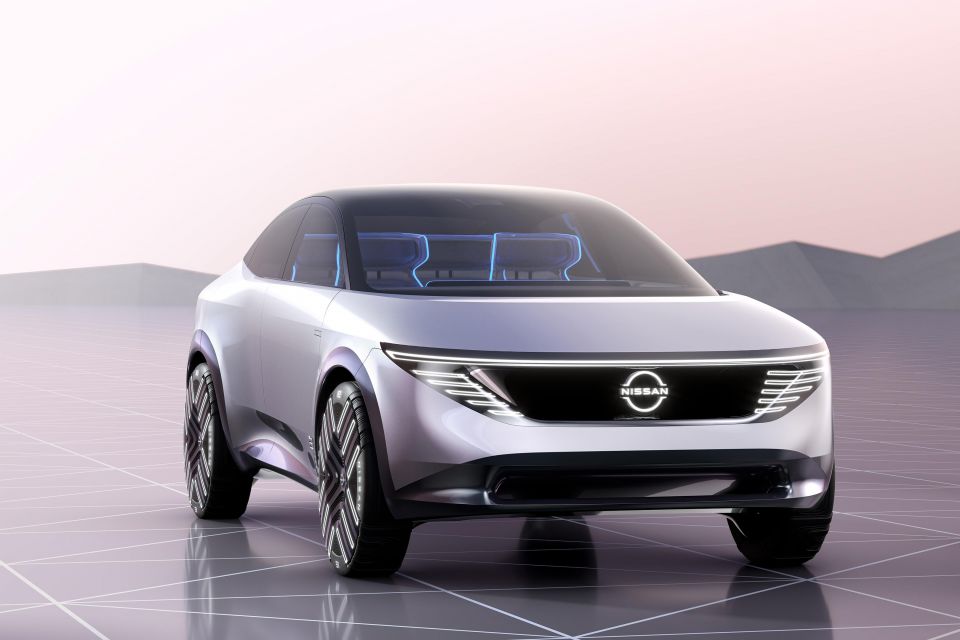
It used the announcement as an opportunity to reveal a range of concept cars, one of which, the Chill-Out, previews a replacement for the current Leaf on the CMF-EV architecture.
Additionally, Nissan is investing up to 20 billion yen (A$246 million) in charging infrastructure by 2026 and aims to “fully commercialise” its vehicle-to-everything and home battery systems in the mid-2020s.
Nissan’s EV36Zero manufacturing strategy, first rolled out at the company’s Sunderland, UK plant and comprising neighbouring vehicle and battery plants, will also be rolled out in Japan, China and the US.
Beyond this product and technology rollout, Nissan wants to be carbon neutral across the lifecycle of its products by fiscal year 2050.
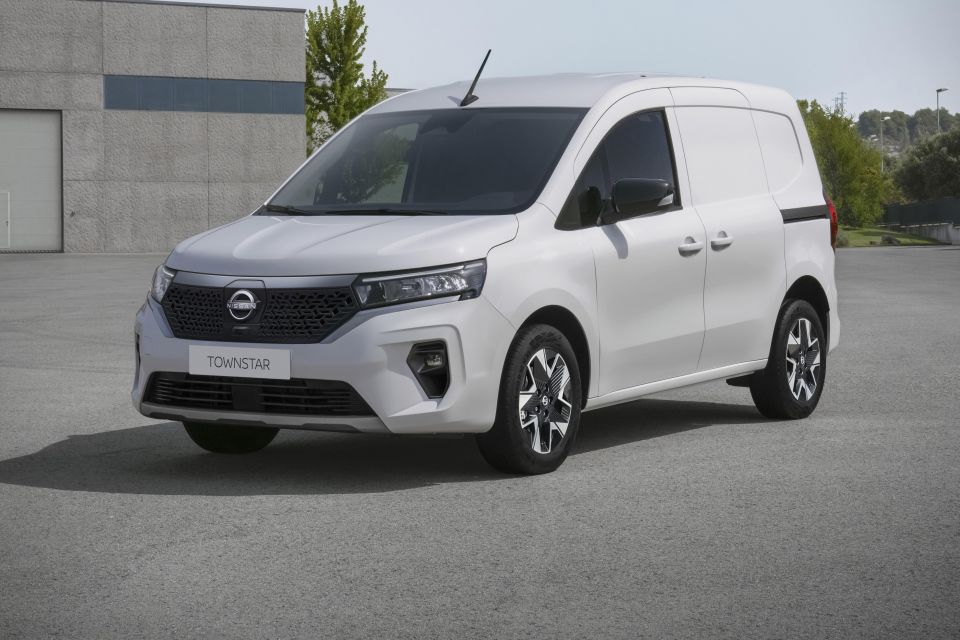
It’s expanding its battery refurbishing efforts, with new locations in Europe in fiscal year 2022 and in the US during fiscal year 2025.
Nissan also spoke of finding efficiencies across the Alliance by sharing technology.
The Renault-Nissan Alliance was established in 1999, but neither company – nor Mitsubishi, which joined in 2016 – has merged.
Former CEO Carlos Ghosn was said to be in favour of a merger before his ouster, and more recently the French government has expressed its desire for one. However, there’s been no movement on this due to opposition within current Nissan leadership.
William Stopford is an automotive journalist based in Brisbane, Australia. William is a Business/Journalism graduate from the Queensland University of Technology who loves to travel, briefly lived in the US, and has a particular interest in the American car industry.


Matt Campbell
4 Days Ago
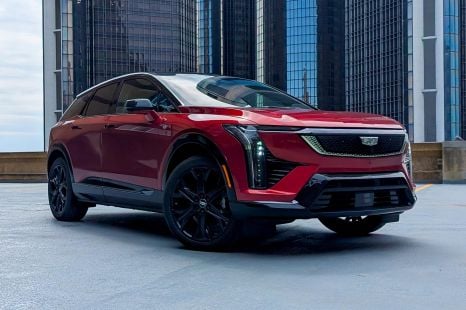

William Stopford
3 Days Ago
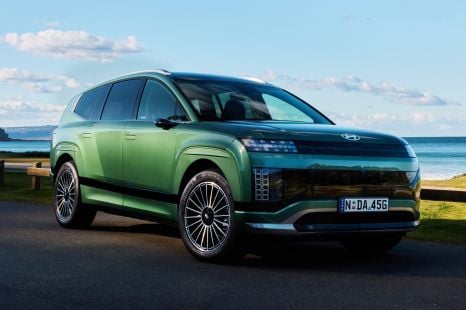

Josh Nevett
2 Days Ago
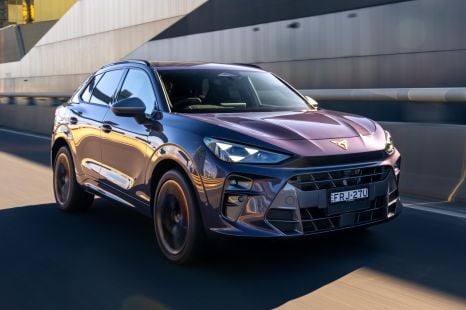

James Wong
2 Days Ago
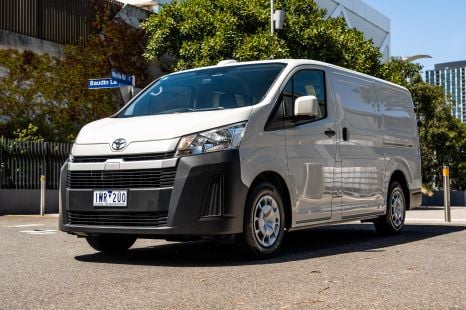

Max Davies
1 Day Ago
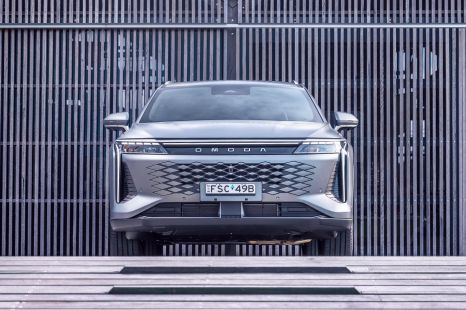

Damion Smy
19 Hours Ago